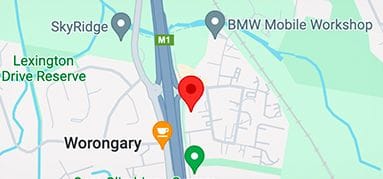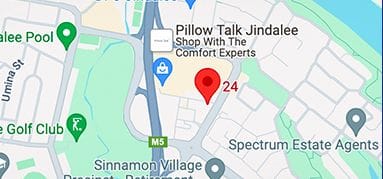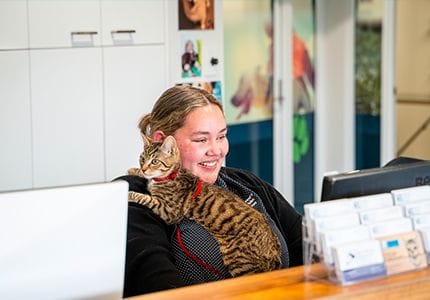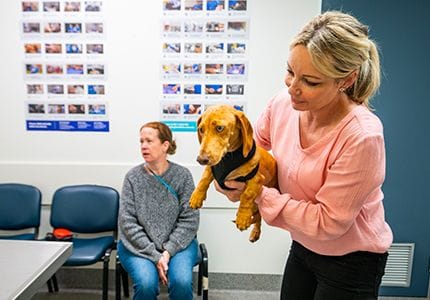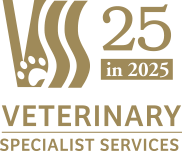CLIENT INFORMATION
FAQs for Veterinary Services in Brisbane & Gold Coast
Each department is different, and therefore the Initial Consultations can vary.
As a guide, they are as follows:
SURGERY - 30 minutes
MEDICINE - 1 hour
CARDIOLOGY - 40 minutes
DERMATOLOGY - 1 hour
DENTISTRY - 30 minutes
ONCOLOGY - 1 hour
PHYSIOTHERAPY - 30 minutes
Generally we recommend that your pet is not given any food after 8.00pm the night before a consultation. An exception is a diabetic pet requiring a meal with insulin.
The reasons for fasting include:
Ultrasound examinations of the stomach and associated areas are impeded if the stomach is full of air and food. So to maximize the diagnostic capability of this investigative procedure, it is very important to minimise the stomach contents.
Your pet may be admitted for further work up, procedures, treatment or surgery.
Your pet may require sedation or a full anaesthesia to perform these tests.
Certain blood tests can be affected by your pet eating prior to sample collection, and thus for more accurate results it is best that your pet has not eaten for 12 hours.
If you feel your pet cannot be fasted, please ask when booking your appointment.
Once your pet has been thoroughly examined and a full history taken, then the diagnostic or treatment plan will be discussed, along with an estimate of costs.
Your pet is likely to be admitted for the day for diagnostics, however, these could also be scheduled for a later date.
Similarly to the human medical system, Veterinary Specialist Services is a veterinary referral service and thus all initial consultations must be referred by your pet's primary veterinarian or emergency veterinary service. Your veterinarian can call and arrange an appointment, or you can call and organise a time. We require a referral letter, ideally faxed or emailed prior to your appointment.
Once the complaint that your pet has been referred for is addressed, ongoing care may be continued by your regular vet, and we are more than happy to discuss this with them.
If a new complaint arises, you will need to seek care with your regular vet, and they will refer if appropriate.
Who controls the website? Is it a government site? A university or specialist hospital site? A veterinarian, owner or drug company site?
What is the purpose of the website? Client information versus blog about someone else's experience etc.
How current is the information? (new information is published almost weekly and it can be easy to stumble across outdated information on the world wide web).
Feel free to discuss your findings, questions and concerns with the attending veterinarian, but please do not be offended if they comment that the information is not correct or not relevant. They may even direct you to a reputable and informative web page to help increase your knowledge and understanding.
If your pet is coming from interstate or even local and requires transportation, there are several ways to transport your pet to our Hospitals. Our receptionists will be more than happy to assist you, or alternatively you can visit any one of the Animal Transport companies listed below.
&geometry(278x56))

